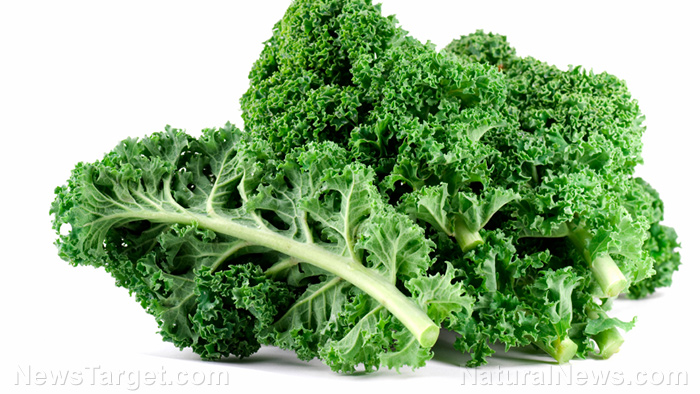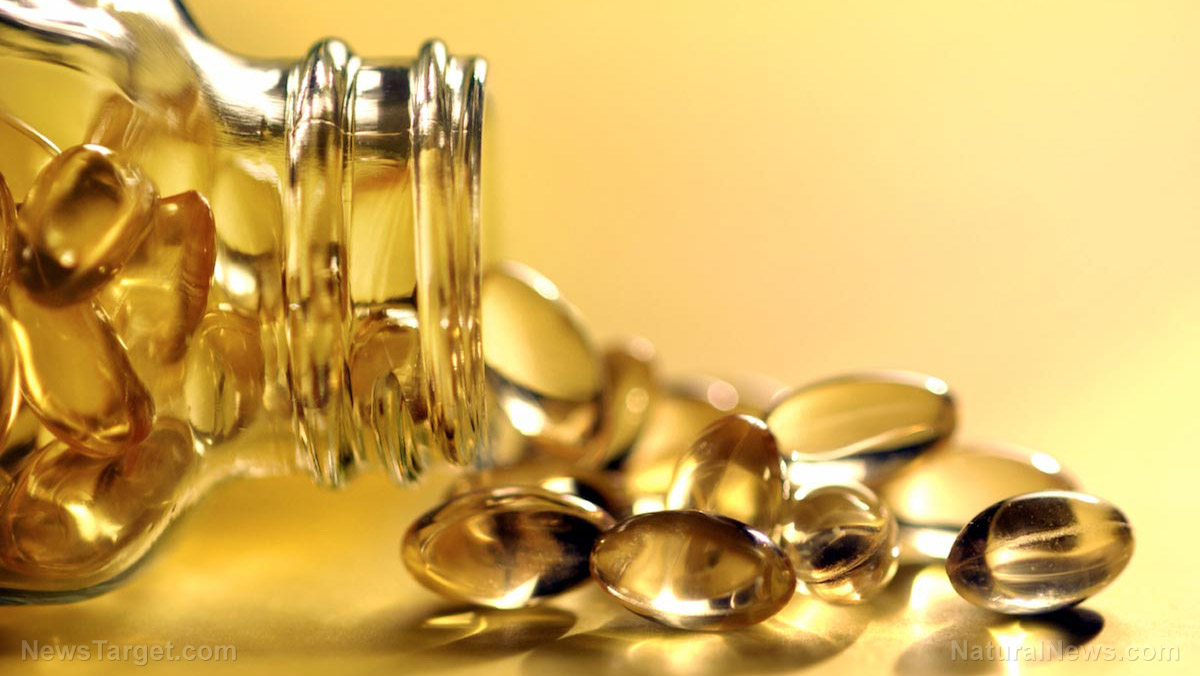Prevent negative effects of high-fat diet with inulin: The fermented fiber found to restore gut microbiota, reduce risk of metabolic disease
02/25/2019 / By Jhoanna Robinson

Research made by American scientists has revealed that a “previously unappreciated” method which may provide the answers as to why eating dietary fiber, particularly fermentable inulin, hinders the adverse health effects of a high-fat diet.
Metabolic syndrome is the term associated with a host of related conditions which include increased blood sugar levels, excess abdominal fat, high blood pressure, and blood fat disorders such as low levels of high-density lipoprotein (HDL) cholesterol and high levels of low-density lipoprotein (LDL) cholesterol.
In the study, the scientists discovered a new mechanism to explain why, in mice at least, adding the fermentable fiber inulin to food can replenish the gut microbiota, thus keeping the mice well away from metabolic syndrome.
In dissimilarity with earlier research, which elucidated the role of inulin-derived short-chain fatty acids (SCFAs) in decreasing inflammation, the team of researchers that was spearheaded by Georgia State University Institute for Biomedical Sciences professor Dr. Andrew Gewirtz concluded that inulin might not require SCFAs.
Inulin promoted bacteria, raised the production of intestinal epithelial cells, and boosted the maintenance of the expression of the protein interleukin-22 (IL-22), instead.
The IL-22 expression is what “fortifies the intestine, thus reducing microbiota encroachment and improving metabolic syndrome. These results contribute to the understanding of the mechanisms that underlie diet-induced obesity and offer insight into how fermentable fibers might promote better health,” said Gewirtz.
The result of the study held importance because, while the positive effects of fermentable inulin are known, it is hard to obtain the proper amount needed for these benefits because of the “logistical considerations and adverse effects, especially bloating and flatulence.”
The researchers provided the mice in their experiment with a grain-based diet, a high-fat low fiber diet, or a high-fat high-fiber diet (with either fermentable inulin fiber or insoluble cellulose fiber) over the course of four weeks.
Mice on the inulin-rich diet had low levels of weight gain and a reduction in the size of fat cells. In addition, inulin “markedly lowered” cholesterol levels and derailed the increase in blood sugar levels (dysglycemia).
Mice who were fed insoluble cellulose fiber did not experience many changes on such health matters such as obesity and dysglycemia. Finally, the high-fat diet supplemented with inulin also helped improve gut microbiota, although not on the same levels as the mice on the grain diet.
Pomegranate as an adjunct to inulin in lowering cholesterol
According to some animal studies, both polyphenol-rich pomegranate extract (PomX) and the polysaccharide inulin help prevent metabolic alterations caused by a high-fat diet, but the impact that they have on the body when taken together has yet to be revealed.
This is why researchers conducted a study to know the effects of PomX and inulin on cholesterol and lipid metabolism in mice, both individually and together. (Related: Pomegranate extract found to help mitigate the effects of a high-fat diet; when combined with inulin, it also lowers cholesterol.)
They grouped six- to seven-week-old male mice into four, and placed them on a high-fat, high-sucrose diet: the first (control group) was given a diet with no supplementation, the second was supplemented with PomX, the third was given inulin and the last with both PomX and inulin.
After four weeks had passed, the researchers found out that supplementation with both PomX and inulin lowered hepatic and serum total cholesterol, even more than with supplementation with either the extract or the polysaccharide individually.
Individually, PomX increased the gene expression of two main regulators of bile acid synthesis pathways and decreased liver triglyceride levels, while inulin did not bear any significant impact on either liver or serum triglyceride levels.
Individually, PomX lowered cholesterol by increasing bile acid synthesis and slightly increasing fecal cholesterol and bile acid excretion, while inulin mainly targeted hepatic cholesterol de novo synthesis, and fecal cholesterol and bile acid secretion involving changes in the metabolism of the intestinal microbiome,” the researchers concluded.
For more updates on health-enhancing food items, visit Superfood.news.
Sources include:
Tagged Under: fiber, functional food, gene expression, gut health, high fiber, high-fat diet, Inulin, metabolic syndrome, nutrients, supplements




















